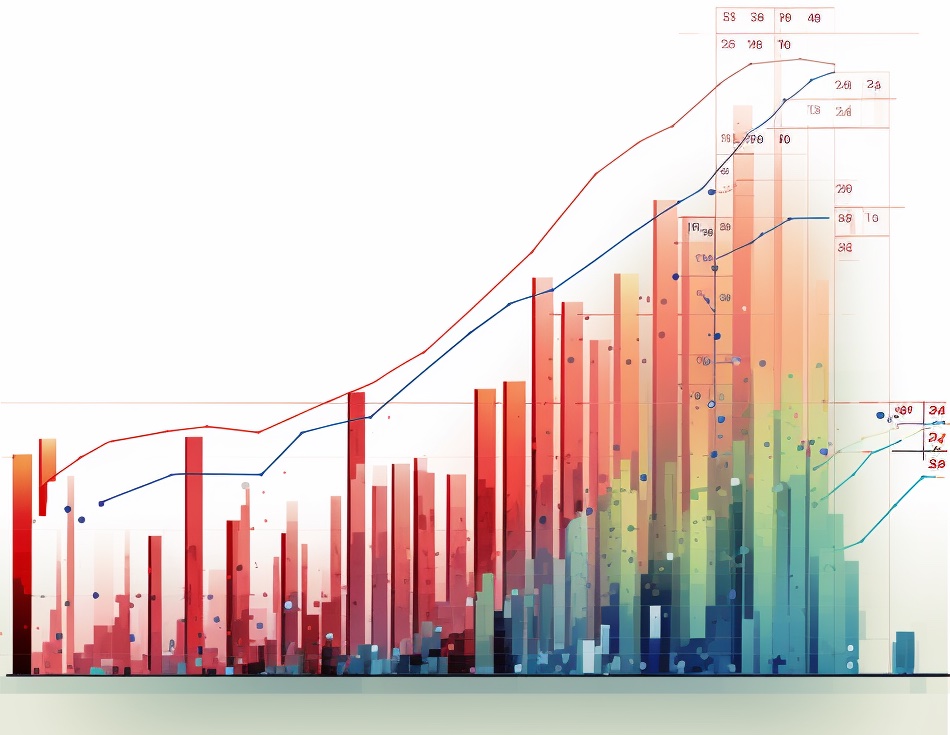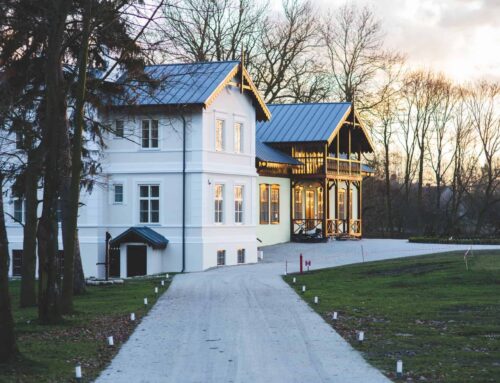How Interest Rates Affect the Housing Market
 The Role of Interest Rates in Real Estate
The Role of Interest Rates in Real Estate
Interest rates, set by central banks like the Federal Reserve in the U.S., are a pivotal element in the economy, directly affecting the cost of borrowing money. They fluctuate based on various economic indicators, including inflation, economic growth, and job market conditions. In real estate, these rates play a decisive role in shaping the home-buying landscape.
Direct Effects of Interest Rates on Home Purchasing
- Affordability and Mortgage Payments: The most immediate impact of interest rates is on mortgage affordability. Lower rates reduce the cost of borrowing, translating into lower monthly mortgage payments. This increase in affordability can expand the buyer’s market, enabling more people to purchase homes.
- Borrowing Capacity: When interest rates are low, buyers can often secure larger loans, affording more expensive properties than they could at higher rates. Conversely, borrowing capacity diminishes when rates rise, potentially shrinking the pool of eligible buyers for higher-priced homes.
- Influencing Market Dynamics: Low-interest rates often stimulate the housing market, increasing demand and sometimes driving up property prices. On the other hand, high rates can lead to a cooling market, with fewer transactions and stabilized or declining home prices.
Indirect Impacts on the Housing Market
- Investment Decisions: Real estate investors are particularly sensitive to interest rate changes. Low rates can make property investment more attractive, with the potential for higher returns on rental income and capital appreciation.
- Refinancing Trends: Existing homeowners might refinance their mortgages to capitalize on lower interest rates, potentially freeing up disposable income for other investments or consumption.
- Consumer Confidence: Interest rates indirectly affect consumer confidence. Lower rates can signal economic stability and growth, encouraging more people to invest in real estate.
Long-Term Implications and Risks
- Variable-Rate Mortgages: For buyers with variable-rate mortgages, fluctuating interest rates can significantly impact long-term financial planning. An increase in rates can lead to substantially higher mortgage payments over time.
- Economic Context: The broader economic factors influencing interest rates, such as inflation and employment rates, should be considered. These elements can impact long-term property values and the overall return on real estate investments.
Strategies for Navigating Interest Rate Fluctuations
- Fixed-Rate Mortgages: Choosing a fixed-rate mortgage can provide stability and predictability in repayments, regardless of market fluctuations.
- Professional Advice: Consulting with financial advisors and real estate professionals can offer tailored guidance based on individual financial situations and goals.
A Thoughtful Approach to Home Buying
Understanding the nuances of how interest rates affect the home-buying process is crucial. Potential buyers and investors should consider not just the current rate environment but also their personal financial situation and long-term market trends. By approaching real estate with a balanced perspective, informed by both micro and macroeconomic factors, individuals can make decisions that align with their long-term financial objectives.
[/fusion_text][/fusion_builder_column][/fusion_builder_row][/fusion_builder_container]

 The Role of Interest Rates in Real Estate
The Role of Interest Rates in Real Estate


